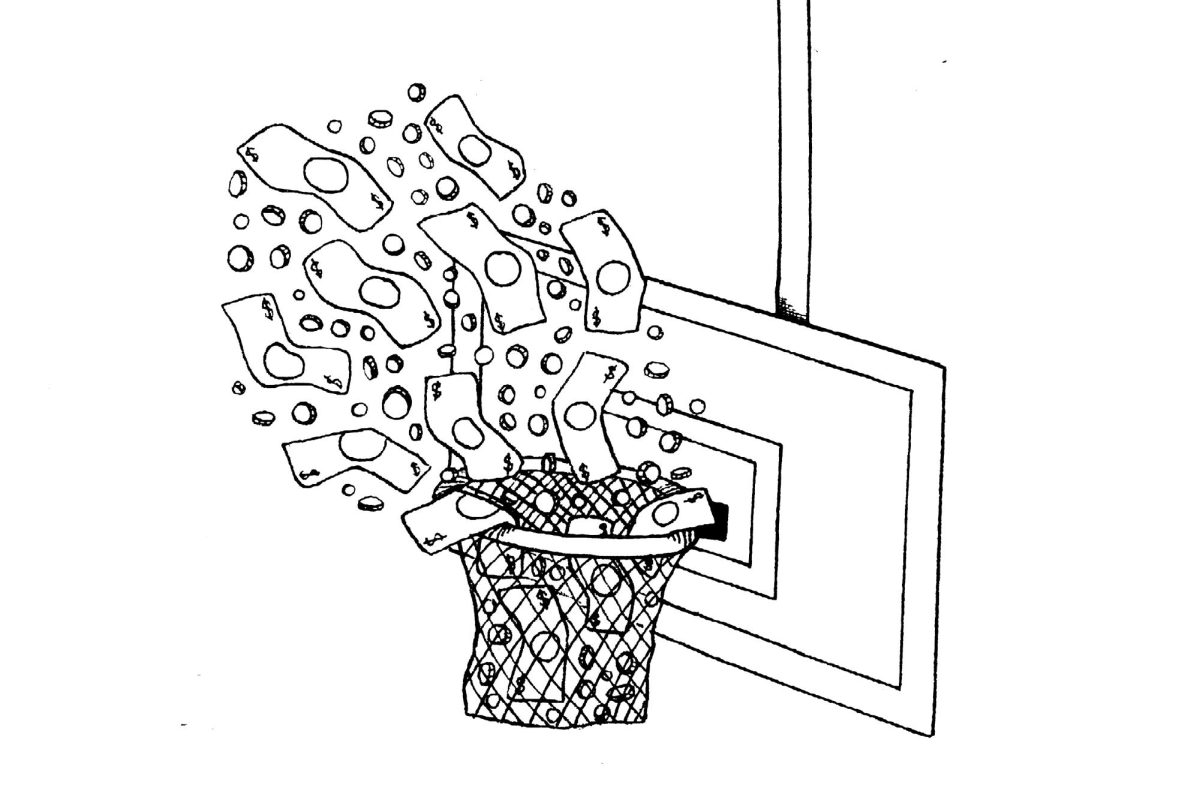The University said last month that it had been inflating admissions data for a decade. However, when it hired an audit firm, it only had the company review this past year’s data to determine what went wrong and how it happened.
The University said the audit found that the inaccuracies were “without malice” – but it could not determine the origin of the error.
The University did not release a written report from Baker Tilly, one of the country’s largest accounting and auditing firms, when asked because administrators say a formal audit report does not exist.
Wait. What?
Yes, the Board of Trustees allegedly only received an oral report from auditors at Baker Tilly in a closed-door meeting.
Since the administration held a town hall to discuss the data misreporting and U.S. News & World Report unranking before Thanksgiving break, they thought the issue would quickly become a matter of the past. But with so many pressing questions left unanswered, it is impossible to put this behind us.
GW will return to the U.S. News rankings list next year. What remains an issue is how the University has responded to this situation, and that it failed to release evidence to support its claims.
It is inconceivable that the University would pay a firm to examine its records and then not receive any documentation of that investigation. The whole purpose of conducting an audit is to set the record straight.
Administrators claim that in the oral report, auditors said no other data was calculated inaccurately. And when asked for evidence, University President Steven Knapp said, “There is not a formal audit report.” But it is mind-boggling that there is allegedly no written record and furthermore, that the University apparently did not request one from Baker Tilly.
How can this school’s leaders not have proof to substantiate the findings of Baker Tilly’s audit?
The president of the Association of College and University Auditors, Phillip Hurd, told The Hatchet he has worked on hundreds of audits for institutions of higher education.
“To not have a written [report] on something so important would be questionable,” he said. “If it’s going to be an official response to an issue, it’s always going to be something written. It’s kind of like, if you didn’t write it down, it didn’t happen.”
We cannot fathom why GW’s practices would be any different from other schools. And rather than getting peace of mind from this audit, we are left only with more questions.
Why didn’t the Board of Trustees get a report from Baker Tilly? Why would a reputable firm like Baker Tilly conduct an audit and not bother to provide a written report? Wouldn’t the University want physical documentation for its own records, at the very least?
Is it possible that the University purposely chose not to ask for a report? Could it be that administrators didn’t want one? If that is the case, is there something in the report that the administration doesn’t want the community to know?
The auditors supposedly gave a presentation to members of the Board of Trustees in a closed-door meeting in October. More than a dozen board members declined to comment on the presentation, provide their reactions to the audit, say if they received any documentation or explain whether or not they specifically asked the firm not to create any records.
When put in these kind of situations, it is standard practice for an institution to release a report. After reporting incorrect information to U.S. News, Claremont McKenna College and Iona College released a 25-page report and six-page report, respectively, outlining the nature of the error, the steps the college took to find its source and the audit’s overall findings.
If the University wanted a formal report, it could have had one, and administrators would have something to release to the community – a much-needed display of transparency.
But by leaving students and alumni empty-handed, the University further tarnishes its reputation and insults our intelligence as a community.
Somewhere inside Baker Tilly’s office, there must be a file on its investigation of GW’s admissions statistics. The University should demand that report and release it to the public.
It is in the University’s best interest to release a formal report. Otherwise, it is blatantly failing to be transparent with a community that is asking for answers to glaring questions.
It has been almost a month since GW announced it was inflating data, and as more details – like the lack of an actual audit report – have come out, more questions have arisen. Administrators and the Board of Trustees can’t expect this to just blow over.
We want to move on, but we can’t until we have more answers.





